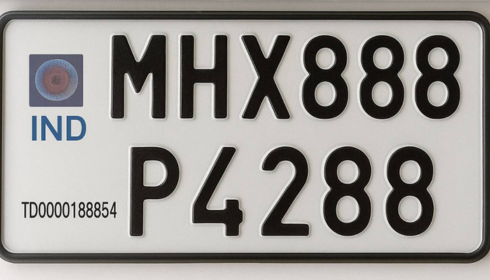In the realm of business operations, maintaining a comfortable environment is crucial for productivity, employee satisfaction, and overall success. An efficient heating, ventilation, and air conditioning (HVAC) system plays a pivotal role in achieving this comfort. This essential guide delves into the importance of commercial HVAC services, the key components of an HVAC system, and tips for selecting a reputable service provider.
Understanding Commercial HVAC Systems
Commercial HVAC systems are designed to regulate the temperature, humidity, and air quality in commercial buildings. Unlike residential systems, commercial HVAC setups must accommodate larger spaces, higher occupancy levels, and varying usage patterns. A well-functioning commercial hvac system not only ensures a comfortable atmosphere for employees and customers but also optimizes energy efficiency and reduces operational costs.
Key Components of Commercial HVAC Systems
- Heating Systems: Commercial buildings often utilize various heating methods, including boilers, furnaces, and heat pumps. These systems work to provide warmth during colder months, ensuring employee comfort and protecting sensitive equipment from extreme temperatures.
- Cooling Systems: Air conditioning units, chillers, and rooftop units are common cooling solutions in commercial spaces. These systems maintain a stable temperature and humidity level, crucial for both comfort and the integrity of products stored in facilities such as warehouses or retail spaces.
- Ventilation: Proper ventilation is essential for maintaining air quality. This involves the exchange of indoor air with outdoor air, removing contaminants, and ensuring adequate airflow throughout the building. Ventilation systems may include exhaust fans, fresh air intakes, and ductwork.
- Thermostats and Controls: Advanced thermostats and control systems enable precise management of the HVAC system. These tools allow businesses to adjust temperatures based on occupancy and time of day, promoting energy efficiency.
The Importance of Regular Maintenance
Regular maintenance of commercial HVAC systems is essential for optimal performance. Here are several key benefits:
- Enhanced Efficiency: Routine inspections and maintenance ensure that the HVAC system operates at peak efficiency, reducing energy consumption and costs.
- Prolonged Lifespan: Regular servicing can extend the lifespan of HVAC equipment, delaying costly replacements and minimizing downtime.
- Improved Air Quality: Well-maintained systems reduce the accumulation of dust, allergens, and pollutants, resulting in healthier indoor air quality for employees and customers.
- Compliance with Regulations: Many jurisdictions have regulations regarding air quality and HVAC performance. Regular maintenance helps businesses remain compliant with these standards, avoiding potential fines.
Selecting a Reputable Commercial HVAC Service Provider
Choosing the right commercial HVAC service provider is crucial for ensuring the longevity and efficiency of your system. Here are some essential factors to consider:
Experience and Expertise
When selecting a service provider, look for a company with extensive experience in commercial HVAC systems. Experienced technicians are more likely to diagnose issues accurately and implement effective solutions.
Certifications and Licenses
Ensure the service provider holds the necessary licenses and certifications required to operate in your area. This includes certifications from recognized organizations such as the Environmental Protection Agency (EPA) for handling refrigerants.
Comprehensive Services
A reputable commercial HVAC provider should offer a wide range of services, including installation, maintenance, repair, and emergency services. This ensures that all your HVAC needs can be met under one roof, simplifying the management of your HVAC system.
Customer Reviews and References
Research customer reviews and testimonials to gauge the quality of service provided by potential HVAC companies. Consider asking for references from other businesses in your industry to gain insight into their experiences.
Transparent Pricing
Request detailed quotes from multiple service providers to compare pricing. A trustworthy company will provide transparent pricing without hidden fees, allowing you to make an informed decision based on your budget.
Energy Efficiency and Sustainability
As businesses become increasingly aware of their environmental impact, energy efficiency in commercial HVAC systems has gained significant attention. Implementing energy-efficient HVAC solutions not only reduces operational costs but also aligns with sustainability goals. Considerations include:
- Upgrading to Energy-Efficient Equipment: Investing in modern, energy-efficient HVAC systems can lead to substantial long-term savings on energy bills.
- Implementing Smart Technologies: Utilizing smart thermostats and building management systems enables better control over HVAC operations, optimizing energy usage based on real-time data.
- Regular Audits: Conducting energy audits can identify areas for improvement and help businesses develop strategies to enhance the energy efficiency of their HVAC systems.
Conclusion
A well-maintained commercial HVAC system is vital for ensuring a comfortable and productive working environment. By understanding the key components of commercial HVAC systems, the importance of regular maintenance, and how to select a reputable service provider, businesses can create a conducive atmosphere for employees and customers alike. Prioritizing energy efficiency and sustainability not only benefits the bottom line but also contributes to a healthier planet.










